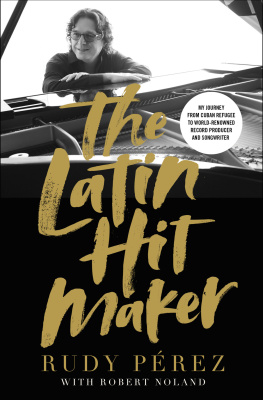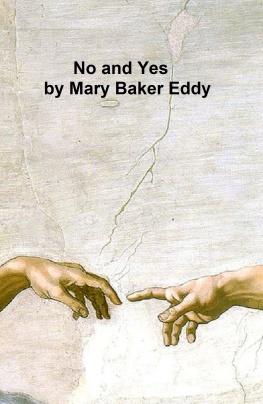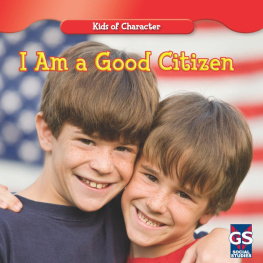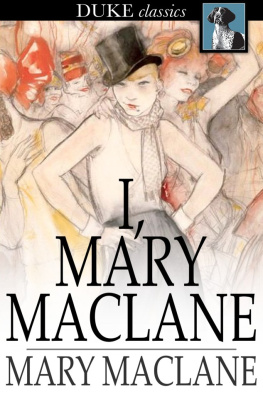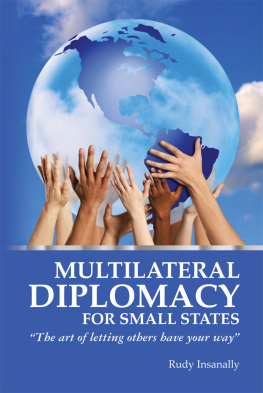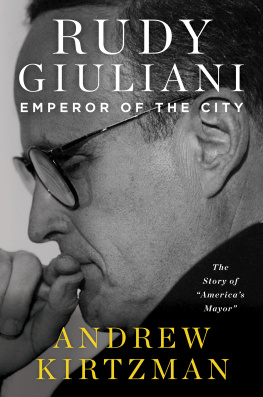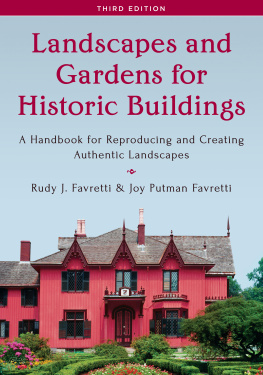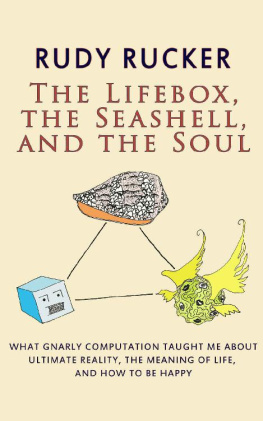PRAISE FOR
Rudys Rules for Travel
As often as Rudys rules caused trouble for his anxiety-riddled wife, they also led to astonishing moments of wonder, especially at the kindness and generosity of strangers.... From exotic destinations like Bali to more personal excursions to uncover family history, Rudys travels are imbued with his unceasing optimism and boundless enthusiasm, leaving the reader convinced that his rules are well worth following.
Booklist
This intelligent and entertaining memoir has fun with the lifetime perambulations of Mary and her late husband, a World War II airman who had faced the terror of death on an almost daily basis, and survived. Rudy came out of this character-shaping experience with both a zest for living and a fearless attitude. Their travels followed Rudys rules, the most important of which wasto trust in the kindness of strangers. This memoir is an insightful record of human interactions and a hilarious account of their journeys, with a laugh on almost every page.
Charles B. Churchill, PhD, historian and author of
Adventurers and Prophets and Through the Needles Eye:
Elite Rule and the Illusions of Freedom
Mary K. Jensens delightful writing hooks you into each chapter, making you laugh out loud at her observations and humor. I would have liked to spend my vacations with these two travelers, but I am glad I could at least take these journeys through her writings.
Cathy Chase, author of JUMP
Among the reasons people ride on roller coasters are to experience thrills and surprise and test personal boundaries, but, unlike traveling independently overseas, roller coasters are basically predictable. Mary K. Jensen, while crafting warm, vivid pictures of the places she and her fearless husband, Rudy, visited, makes it possible for us to feel what it is like to be pulled along, always wondering whats coming next on trips to new destinations. While rewarding readers with insights gained from the encounters that she and Rudy had, this book inspires stepping into the unknown.
David Tykol, Editor, International Travel News,
Sacramento, CA
RUDYS RULES
FOR
TRAVEL

Copyright 2018 by Mary K. Jensen
All rights reserved. No part of this publication may be reproduced, distributed, or transmitted in any form or by any means, including photocopying, recording, digital scanning, or other electronic or mechanical methods, without the prior written permission of the publisher, except in the case of brief quotations embodied in critical reviews and certain other noncommercial uses permitted by copyright law. For permission requests, please address She Writes Press.
Published 2018
Printed in the United States of America
print: 978-1-63152-322-9
ebook: 978-1-63152-323-6
LCCN: 2017955000
For information, address:
She Writes Press
1563 Solano Ave #546
Berkeley, CA 94707
She Writes Press is a division of SparkPoint Studio, LLC.
The kindness of strangers reference: from A Streetcar Named Desire, Tennessee Williams, 1947.
Certain descriptions and dialogue are based on Tales and Memories, Rudolf S. Jensen, 1999.
Life is not a journey to the grave. Reprinted with permission of Mark Frost, The Match: The Day the Game of Golf Changed Forever. 2007. Good Comma Ink, Inc.
An Old Man reprinted with permission of author Robert Pinsky, Robert Pinsky Selected Poems. 2011. Farrar, Straus and Giroux.
All photos not taken by the author are credited to Shutterstock.
Although this is a true story, some names and identifying details have been changed to protect individual privacy.
Book design by Stacey Aaronson
TO RUDY

COMING TO AMERICA
TABLE OF CONTENTS
RUDYS RULES
FOR
TRAVEL

CHAPTER ONE

RUDYS RULES FOR TRAVEL
MOST HONEYMOONS DO NOT START THIS WAY.
I tell myself there are good reasons why I have crawled out the attic window at midnight and am now lying outside on the sloping roof in Edinburgh dressed in a light cotton nightgown, somewhat secured by a bed sheet strung round my waist and tied to a handy balustrade. It is, after all, a record-smashing heat wave in the Scottish capital. Hotels and air conditioning are not in our budget, and all non-attic bed and breakfast rooms were reserved weeks ago. By others.
I know all that, but I also know that the real reason I am on the roof, clutching my pillow and my groom, is because of one of Rudys Rules for Travel, perhaps the most significant one of all. Rule One: Adapt.

BEFORE that scorching summer of 1980, Rudy and I had traveled together several times. (Notice I say traveled and not vacationed. There is a reason for that.) I had learned that he had many rules, and that some were easier to follow than others. Following the rule about choosing lightweight luggage was, for example, easier than following the rule about adapting.

RUDY knew a lot about rule making: he had been raised in a German home and was a school principal nine months of the year. Each school holiday, in a transformation not unlike that of Clark Kent to Superman, he exchanged suit and tie for battered jeans, faded navy captains hat, plaid shirt, and backpack, leaving razor and dress shoes scattered behind. Even his eyes changed: in the school year, the deep blue eyes could be narrow and fixed unwaveringly, sternly, on sixth-grade boys who would destroy classroom peace. But when ready for travel, the blue eyes danced.
My fearless half was made for adventure travelnot the climb-Everest kind of adventure, but the can-you-make-your-own-way adventure. In fact, in the late twentieth century, when we traveled, you did not need to dive, climb, or kayak to feel a surge of explorers adrenalin. When a traveler descended the steps from the airplane and walked onto a foreign tarmac, it was without online reservations, GPS, Google maps, ATM cards, translation apps, Uber, Skype, or Trip Advisor. There was no CNN, nor were there online state department bulletins to warn of global hotspots.
Most importantly, yesterdays traveler ventured without a cell phone. When you were lost, you were lost alone. This was not entirely a disadvantage: no demanding boss could find an escaping worker, and news of tragedies across the world was kept at bay, restricted to the daily English newspaperif and only if the traveler chose to read it.
In those years, contact with home meant writing postcards that, with luck and first-class postage, arrived two weeks later. Or it meant spending hours in a local phone booth pleading with an operator who insisted, in perfect English, she did not speak English. One was simply abroad.

RUDY



